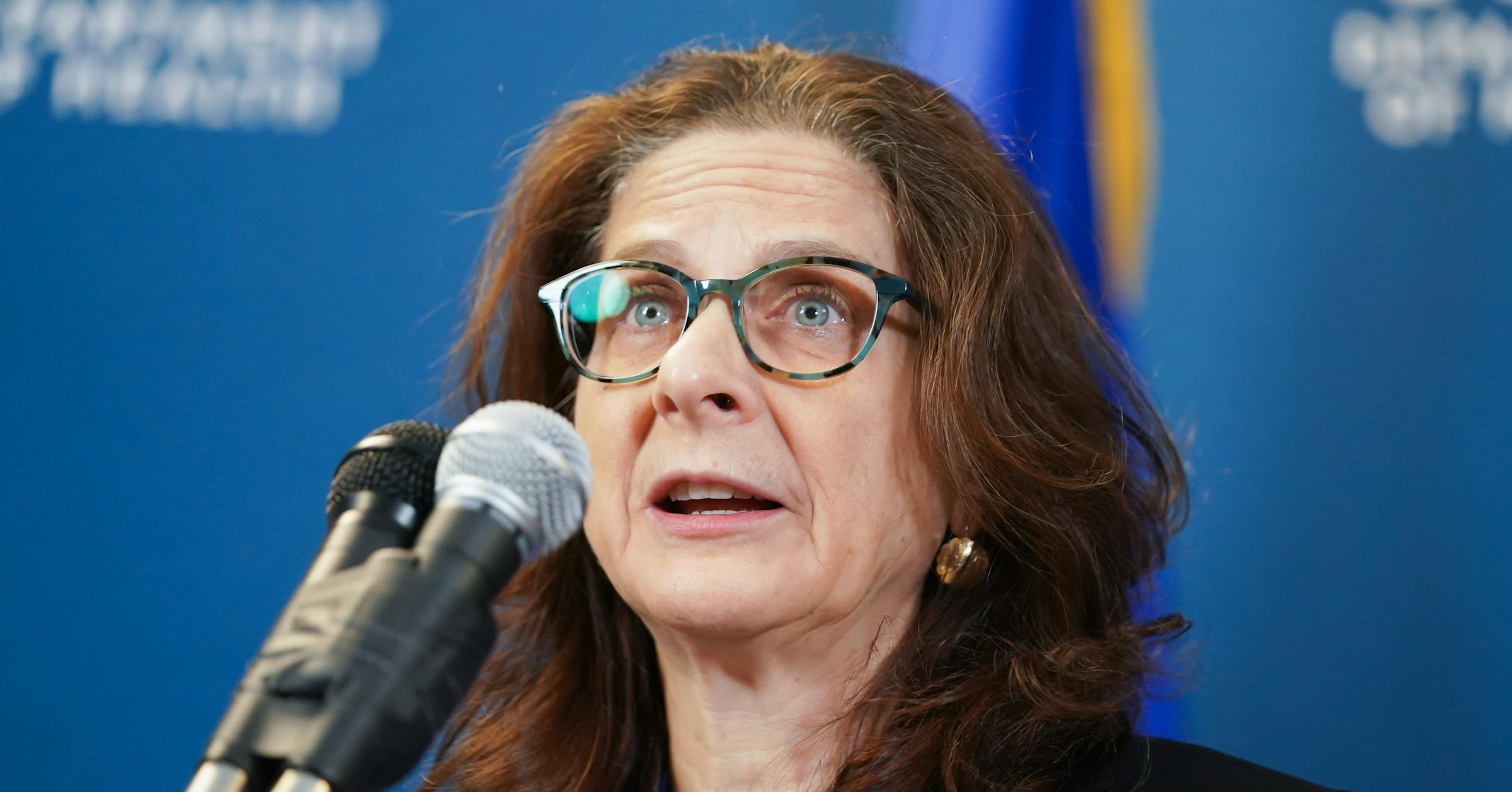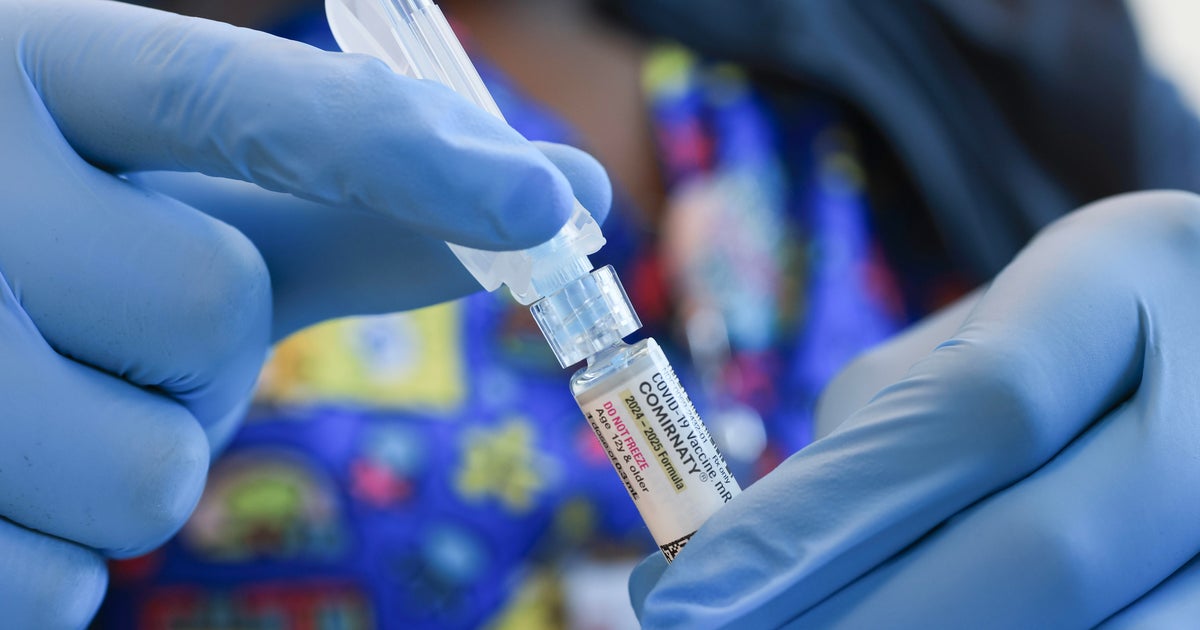MDH Endorses COVID-19 Vaccine Based on Medical Associations' Guidance

Introduction
The COVID-19 pandemic has brought about a lot of conflicting information and opinions, especially when it comes to the vaccine. The Minnesota Department of Health (MDH) recently announced that they will be breaking away from federal guidance and instead, endorsing the recommendations of medical associations. This decision has been met with both support and criticism, but the MDH stands by their belief that this is the best course of action.
Key Details
The MDH's decision to endorse the vaccine based on the guidance of medical associations is not a new concept. In fact, it is a common practice in the medical field to follow the recommendations of professional organizations rather than government agencies. This is because medical associations have a better understanding of the specific needs and concerns of their respective communities.
By taking this approach, the MDH hopes to build trust and confidence in the vaccine among the public. This decision also allows them to tailor their recommendations to the unique needs of the state of Minnesota, rather than following a one-size-fits-all approach.
Impact
The MDH's endorsement of the COVID-19 vaccine based on medical associations' guidance has the potential to have a significant impact on the state's vaccination efforts. This move could help address any hesitations or concerns that individuals may have about the vaccine, ultimately leading to an increase in vaccination rates. It also shows that the
About the Organizations Mentioned
Minnesota Department of Health
The **Minnesota Department of Health (MDH)** is the state’s leading public health agency dedicated to protecting, maintaining, and improving the health of all Minnesotans. Established in its current form in 1977 after the abolition of the original state board of health founded in 1872, MDH operates statewide from its headquarters in Saint Paul and multiple regional offices[1][3]. Its statutory mission encompasses a wide array of public health responsibilities, including disease prevention, environmental health, healthcare quality oversight, and emergency preparedness for events like epidemics, natural disasters, and bioterrorism threats[1][2]. MDH’s comprehensive programs cover infectious disease monitoring and outbreak response, ensuring safe drinking water and food, supporting nutrition programs for vulnerable populations, regulating health care facilities, and improving mental health and chronic disease prevention[2]. The department also issues vital records such as birth and death certificates and screens newborns for rare disorders. It plays a pivotal role in addressing climate change’s health impacts and promotes health equity by partnering closely with local public health agencies, tribal governments, healthcare providers, and federal entities[2][4]. With a skilled workforce of approximately 1,789 professionals—including doctors, epidemiologists, and health educators—and an annual budget exceeding $800 million, MDH maintains rigorous standards of public health excellence and accreditation[4]. A notable recent innovation includes the launch of "Docket," a mobile app providing Minnesotans easy access to their immunization records through the state’s Immunization Information Connection system[3]. MDH's influence extends beyond direct health services; it leverages data analytics and policy development to improve healthcare delivery and environmental health outcomes statewide. Its longstanding history, broad mandate, and adoption of technology highlight its role as a vital institution at the intersection of public health, policy, and innovation in Minnesota[1][2][3][4].














